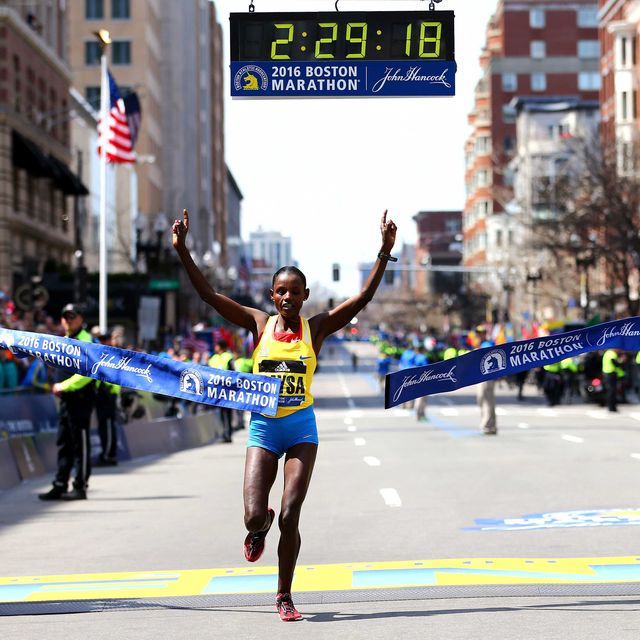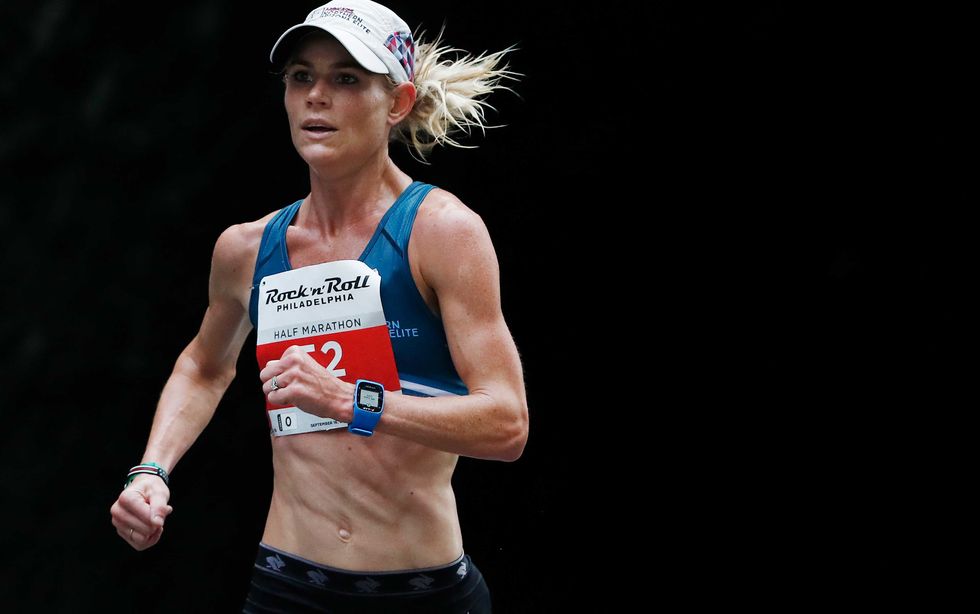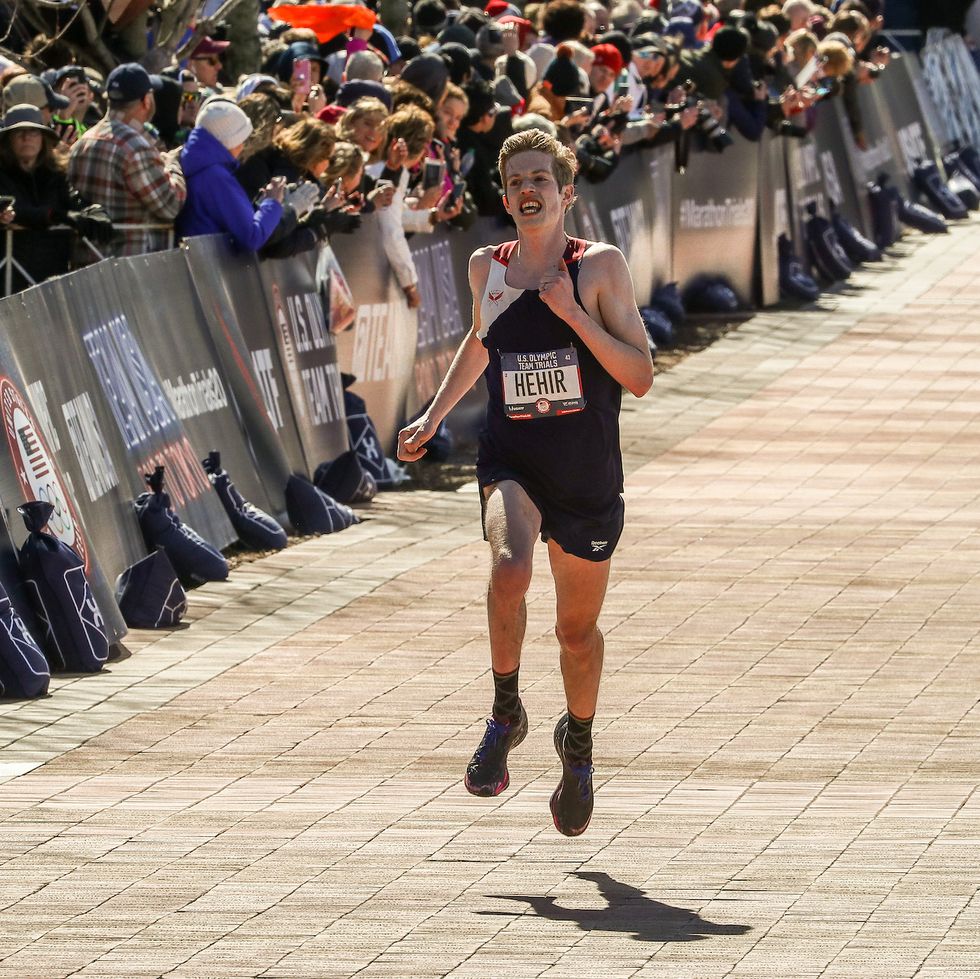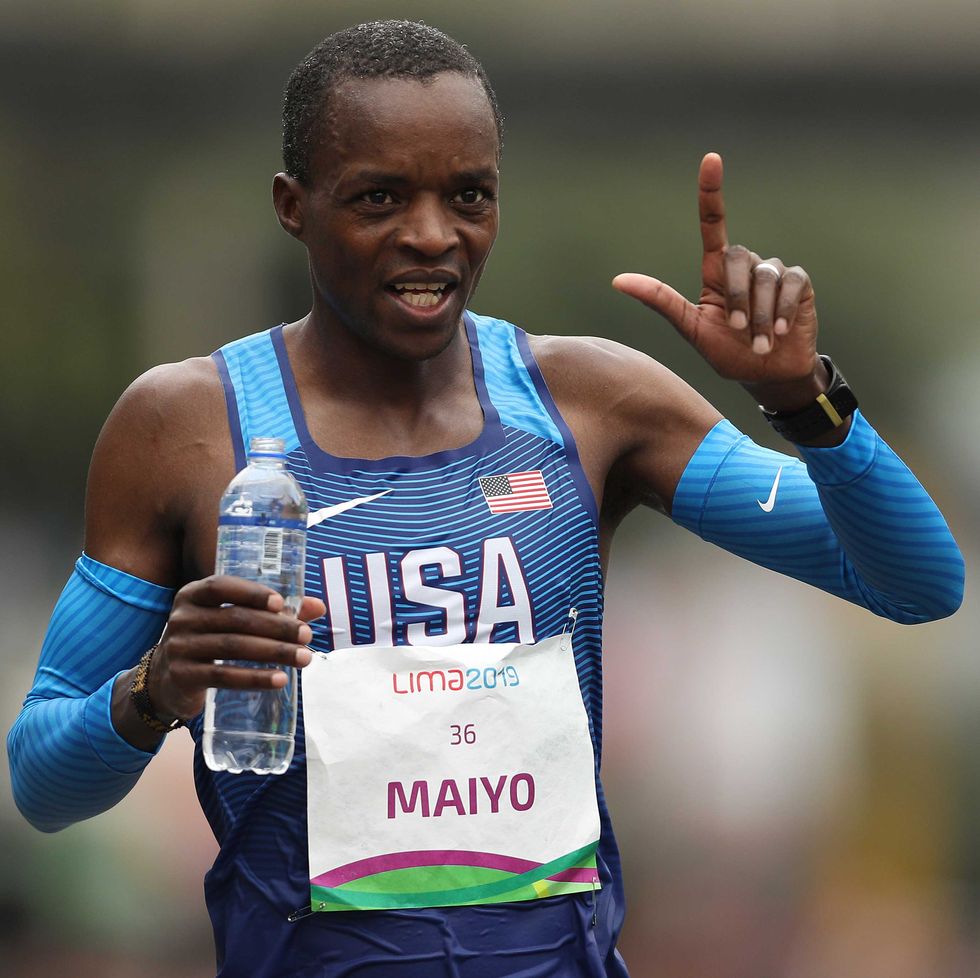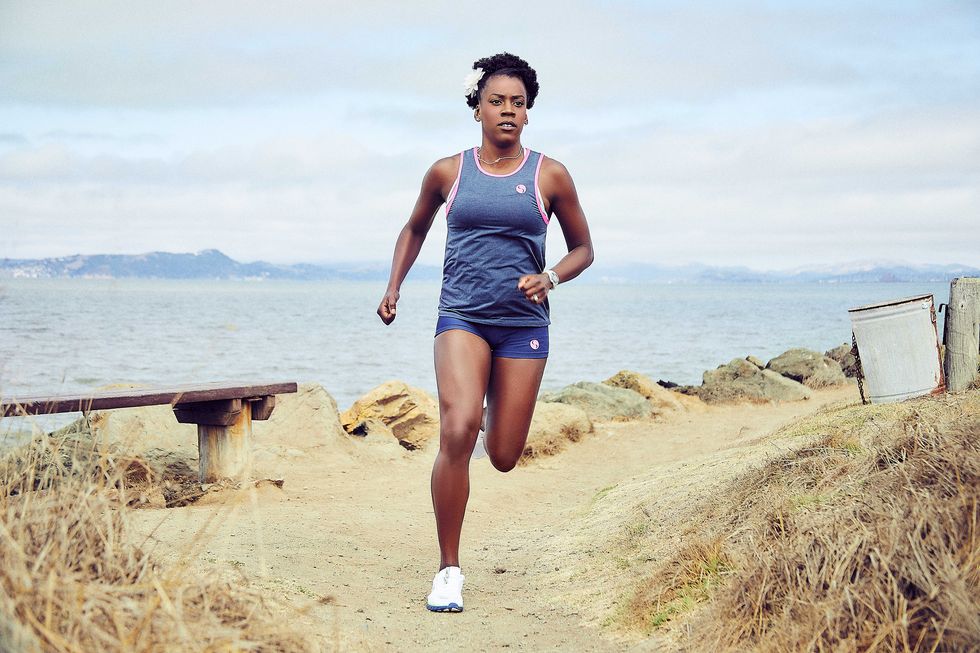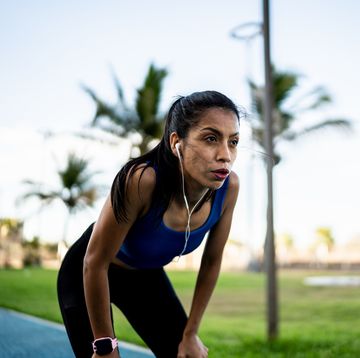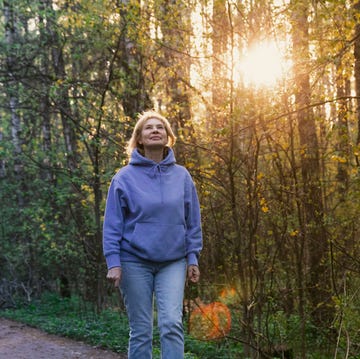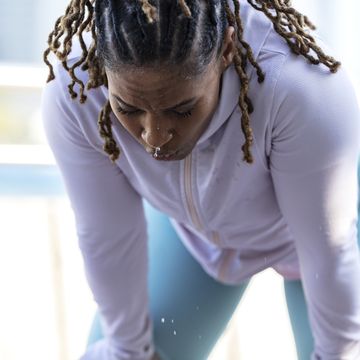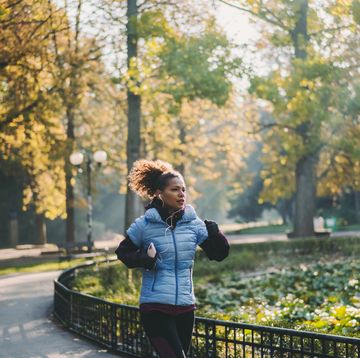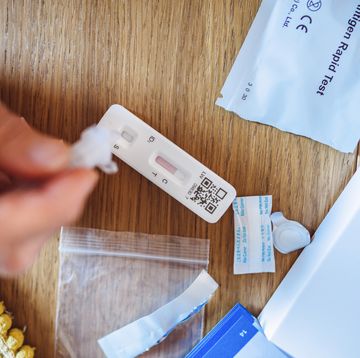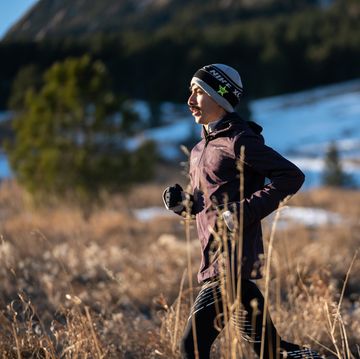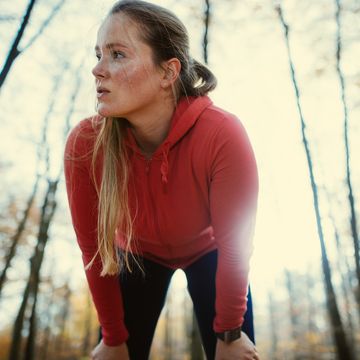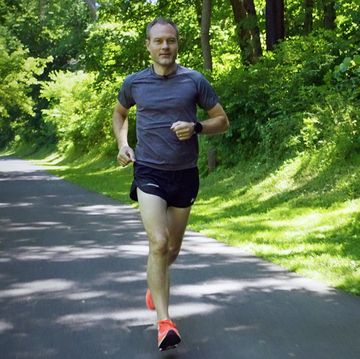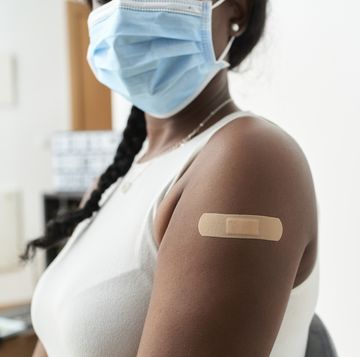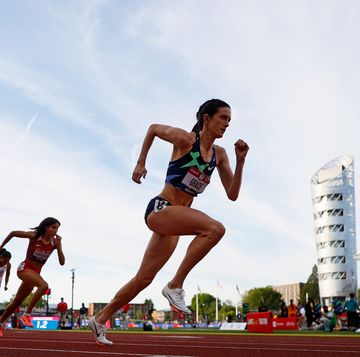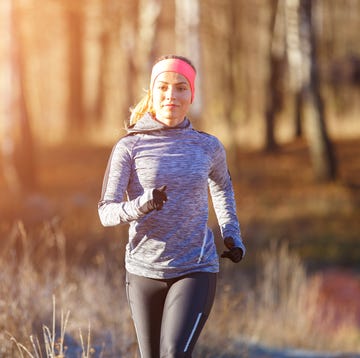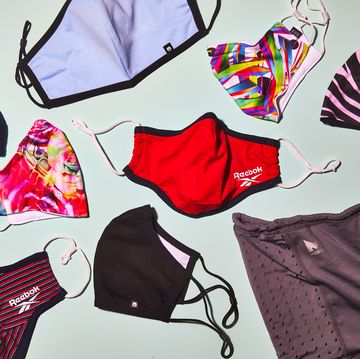- The Marathon Project, an elite-only marathon, will take place on December 20 at the Gila River Indian Reservation in Chandler, Arizona.
- The field will consist of 50 men and 50 women. Top marathoners like Atsede Baysa, Steph Bruce, Kellyn Taylor, and Augustus Maiyo have committed to race.
- Strict COVID-19 testing protocols will adhere to all USATF, World Athletics, and State of Arizona guidelines. No spectators will be allowed at the event, but organizers are working on a broadcast plan.
Finally: a marathon in the U.S. for elite runners.
For most of the country’s pro athletes, the last time they had a chance to race 26.2 miles against a quality field was seven months ago, in February, at the Olympic Marathon Trials. No one knew then that a pandemic would wipe all of the major marathons off the calendar and postpone the Olympic Games.
In the absence of racing opportunities, a coach and an agent are creating a race called The Marathon Project to fill the void.
Ben Rosario, the coach of Northern Arizona Elite, and Josh Cox, agent to many of the sport’s top runners, including several NAZ Elite runners, are behind the marathon. The race will be held in Chandler, Arizona, on the Gila River Indian Reservation on December 20.
The field will be limited to 50 men and 50 women due to COVID-19 restrictions. Runners don’t have to be American, but they do have to be living in North America. Pacesetters will be provided for the top groups and will aim for sub-2:10 pace for men and sub-2:24 pace for women.
So far, Rosario told Runner’s World, interest has been high. Already several top athletes have committed. On the women’s side, they include Atsede Baysa, 33, of Ethiopia, who trains in the United States and won the Boston Marathon in 2016 and the Chicago Marathon in 2012.
Rosario’s athletes Steph Bruce (sixth at the Trials) and Kellyn Taylor (eighth) are running, as is Julia Kohnen, who was 10th at the Trials. Des Linden, the 2018 Boston Marathon champion, told Runner’s World she is considering it, and Sara Hall, who has a personal best of 2:22:16, said she is gathering information and keeping it as an option for after she runs the London Marathon on October 4.
On the men’s side, Augustus Maiyo (fifth at the Trials), Martin Hehir (sixth) and Colin Bennie (ninth) are among the entrants, as are NAZ runners Scott Fauble (who ran 2:09:09 at Boston in 2019) and Scott Smith, who has a PR of 2:11:14. Josh Izewski of ZAP Endurance, who was 17th at the Trials, will also compete.
The course is an out-and-back 4.3-mile stretch of pavement called, appropriately enough, Loop Road, with roundabouts at either end. The road has no camber and is in perfect condition. “It’s like Berlin,” Rosario said.
Rosario originally scouted the Phoenix Raceway, a NASCAR track in Avondale, Arizona, as a possible location. But the race track was banked—not ideal for multiple laps—and the surrounding roads weren’t in great shape. Next he went to the Wild Horse Pass Motor Sports Park on the Gila River reservation. The track was flat, but Rosario was more interested in the roads surrounding it.
Cox is working on securing corporate sponsorships, which will help cover expenses and could provide a prize purse for the athletes, but that is not guaranteed. In fact, runners have to pay $150 to register for the event and help defray the expenses. (Usually, elites enter for free or command appearance fees, paid for, in part, by the registration fees of thousands of participants in a mass marathon.)
Many pros are eager to race again—because they miss racing and because their individual sponsors pay out bonuses based on times. With no races, elites haven’t had a chance to try to chase those times.
Rosario said the event will be broadcast, but those details are still being worked out. He anticipates a 7:30 a.m. start.
The race will require negative COVID-19 tests, and Rosario and the entrants know that a spike in cases or changes in Arizona guidelines could cancel the event. But the athletes don’t want to miss a year of competition in their prime, and it’s one of the only options. “These are strange times and we’re trying to put something on in three months,” Rosario said. “It’s going to be a heck of a race.”

Sarah Lorge Butler is a writer and editor living in Eugene, Oregon, and her stories about the sport, its trends, and fascinating individuals have appeared in Runner’s World since 2005. She is the author of two popular fitness books, Run Your Butt Off! and Walk Your Butt Off!
